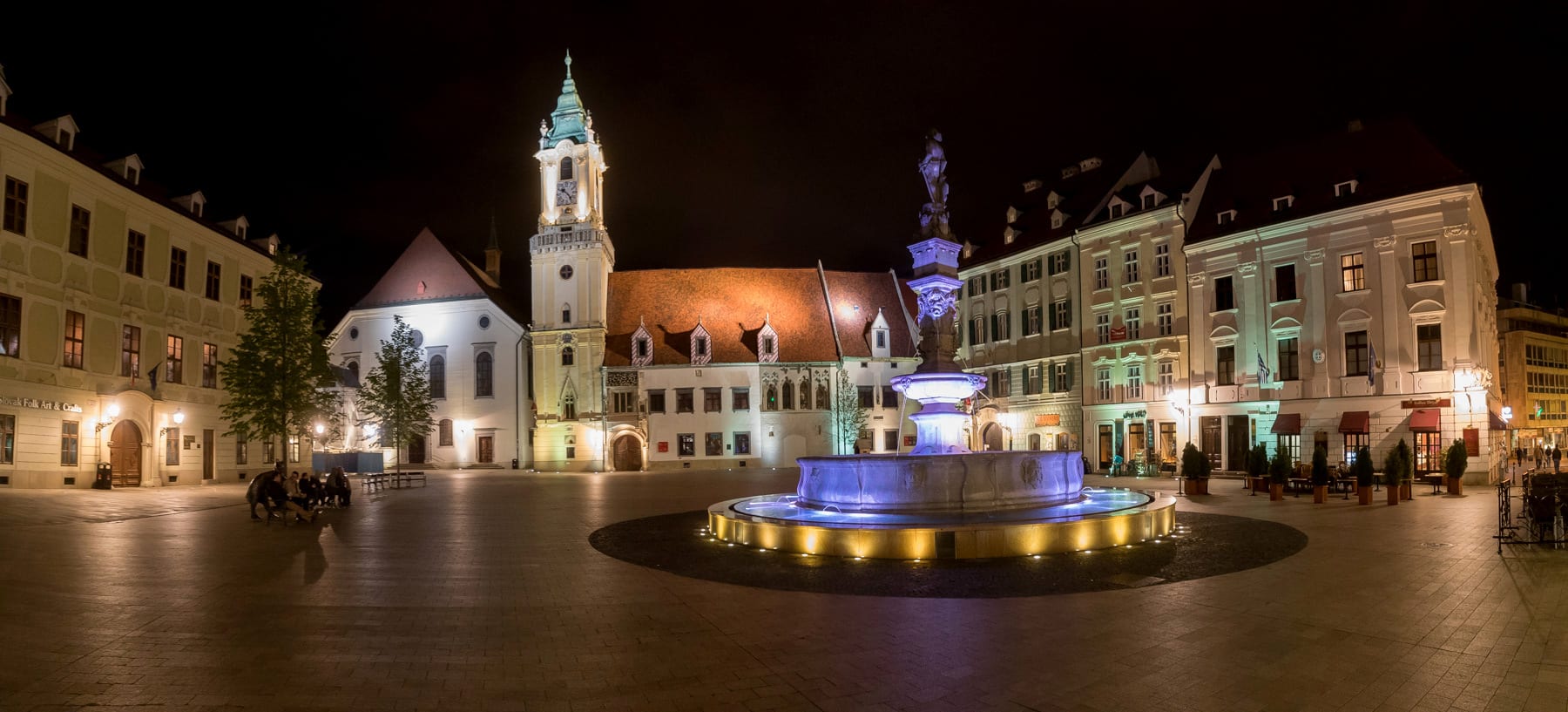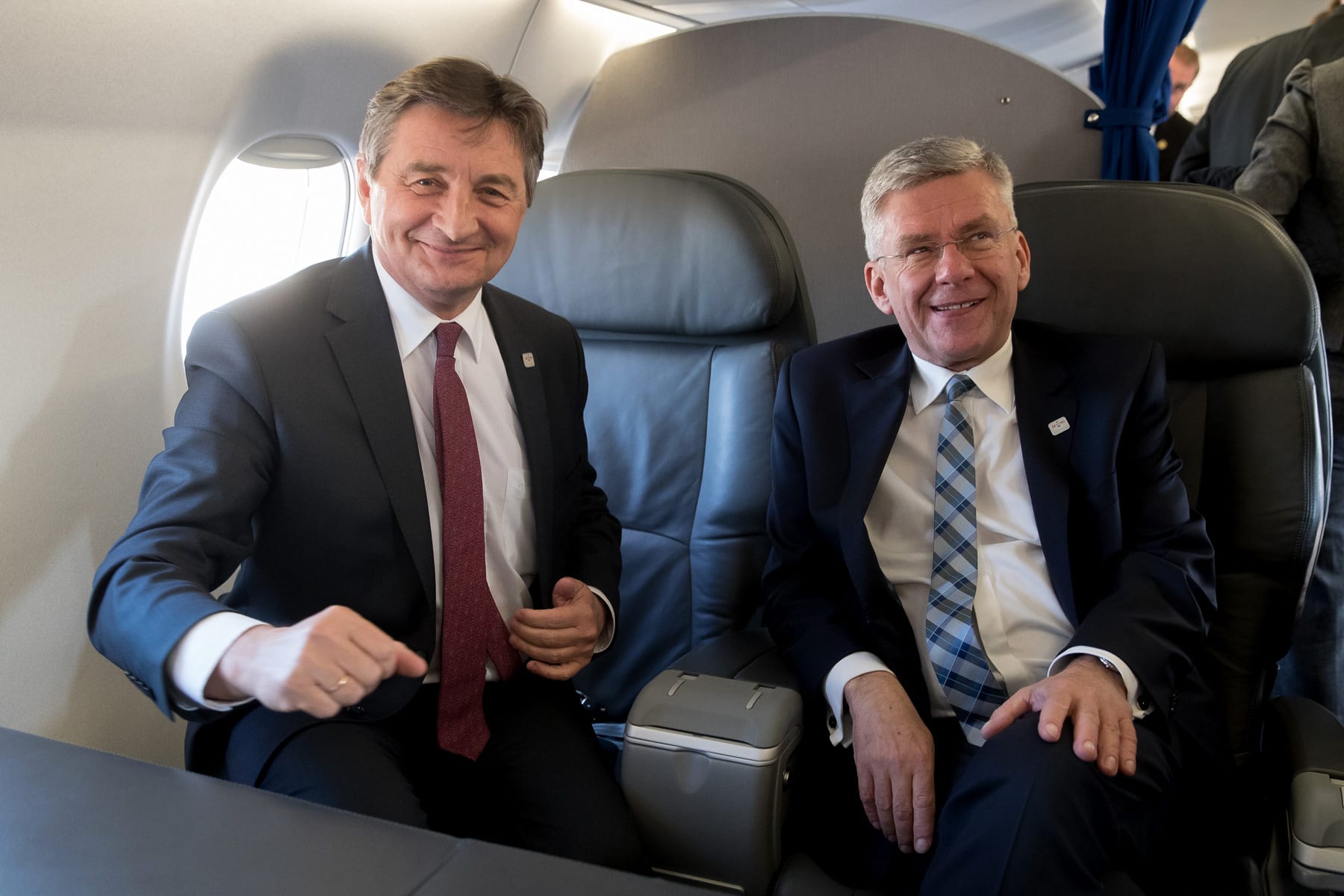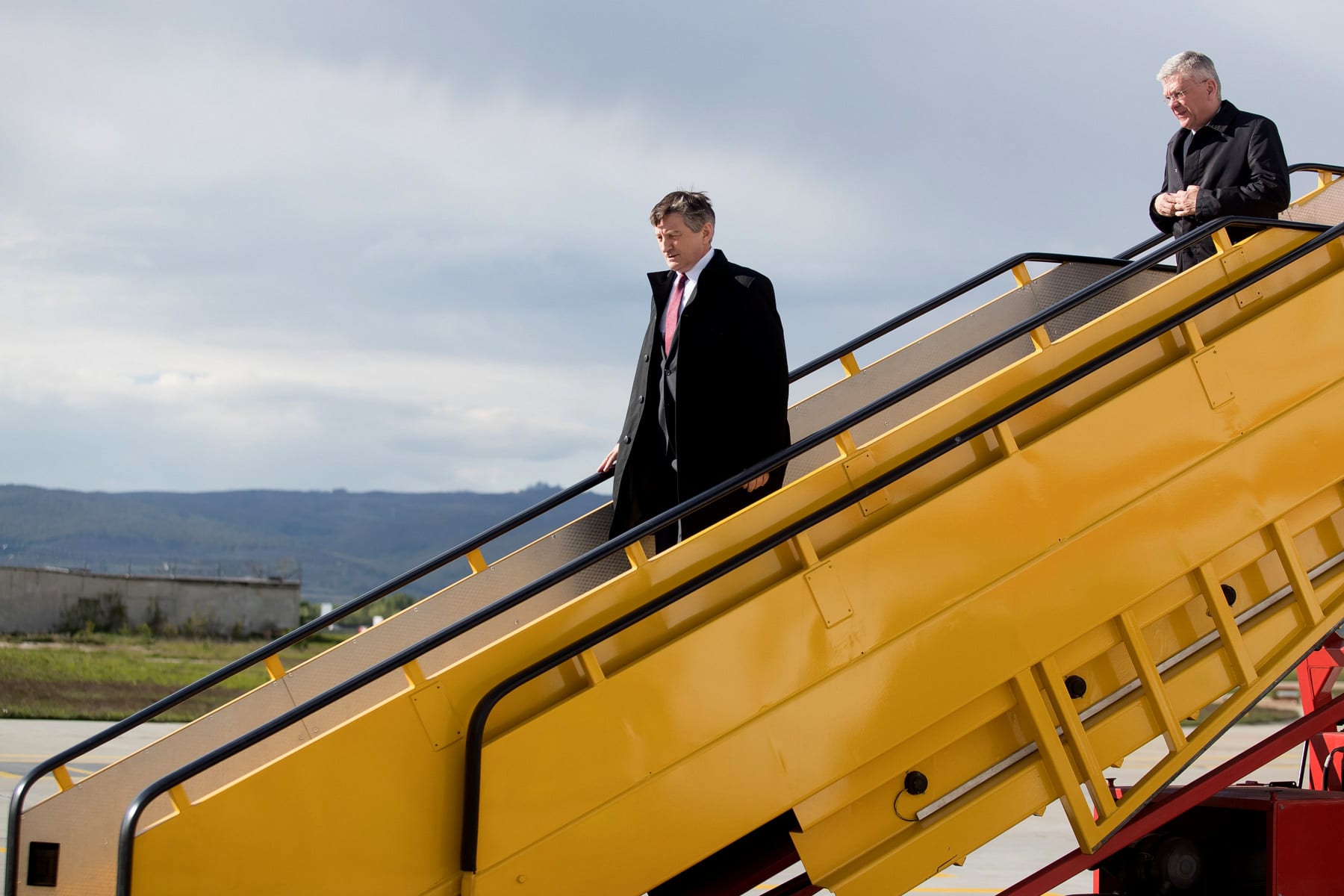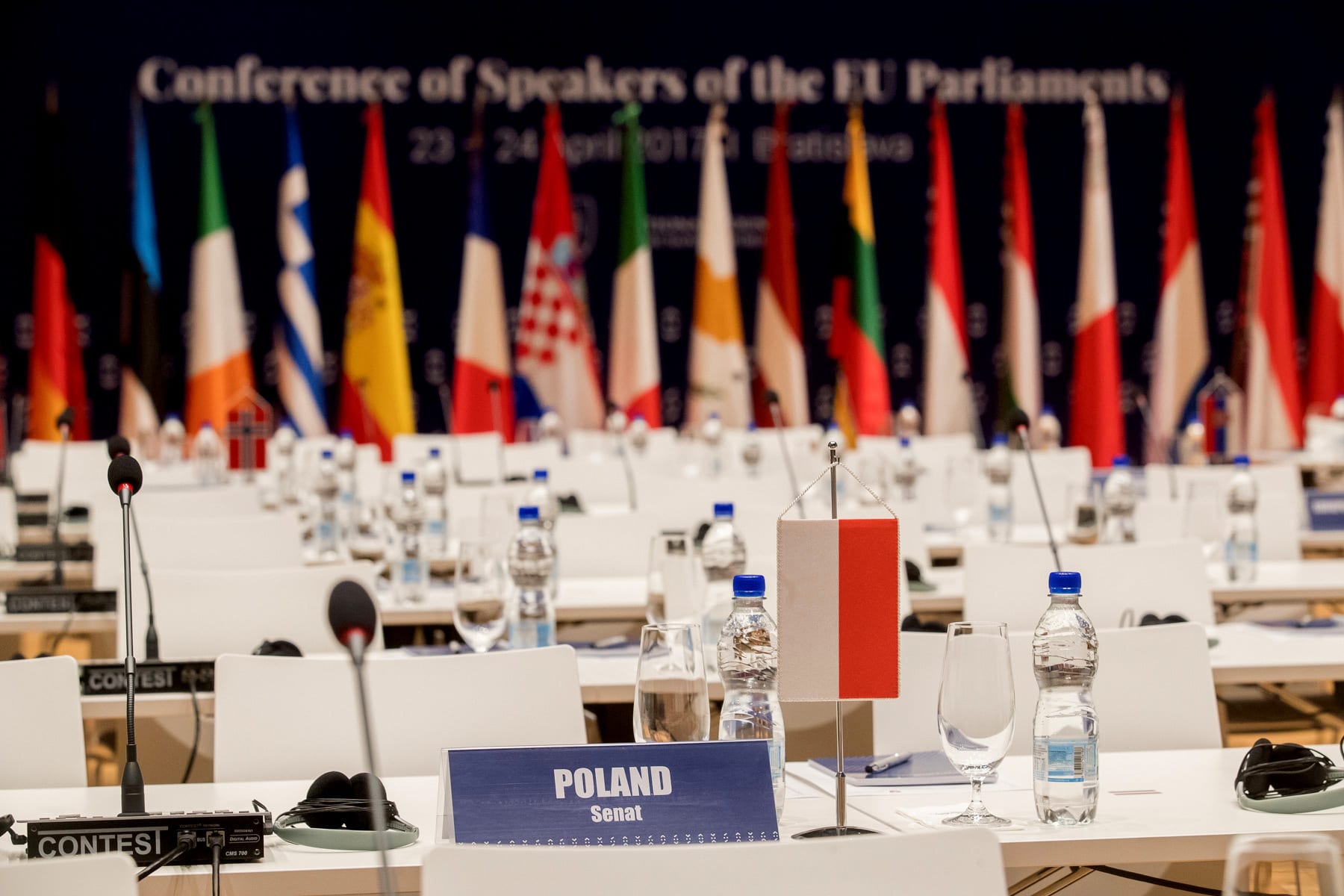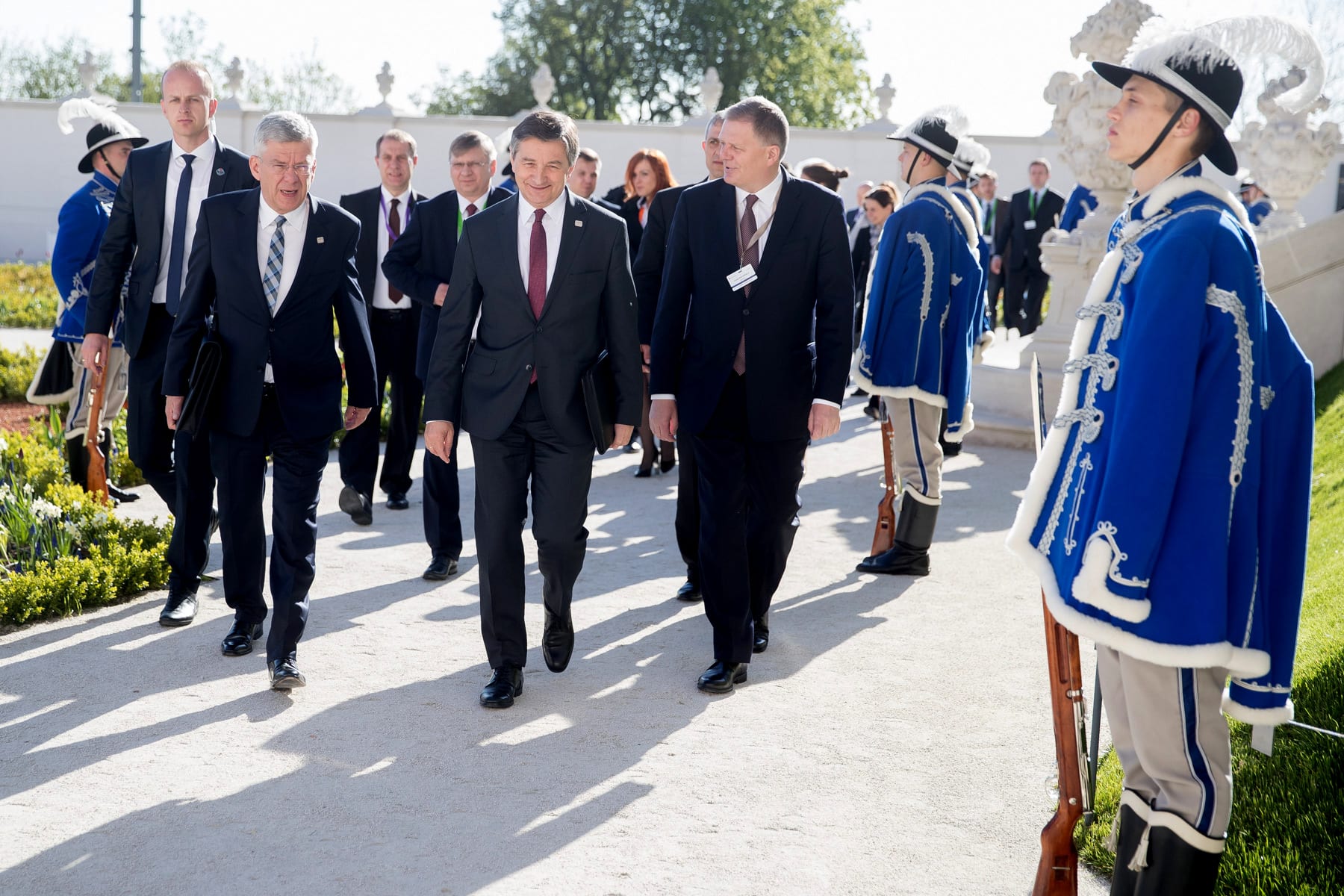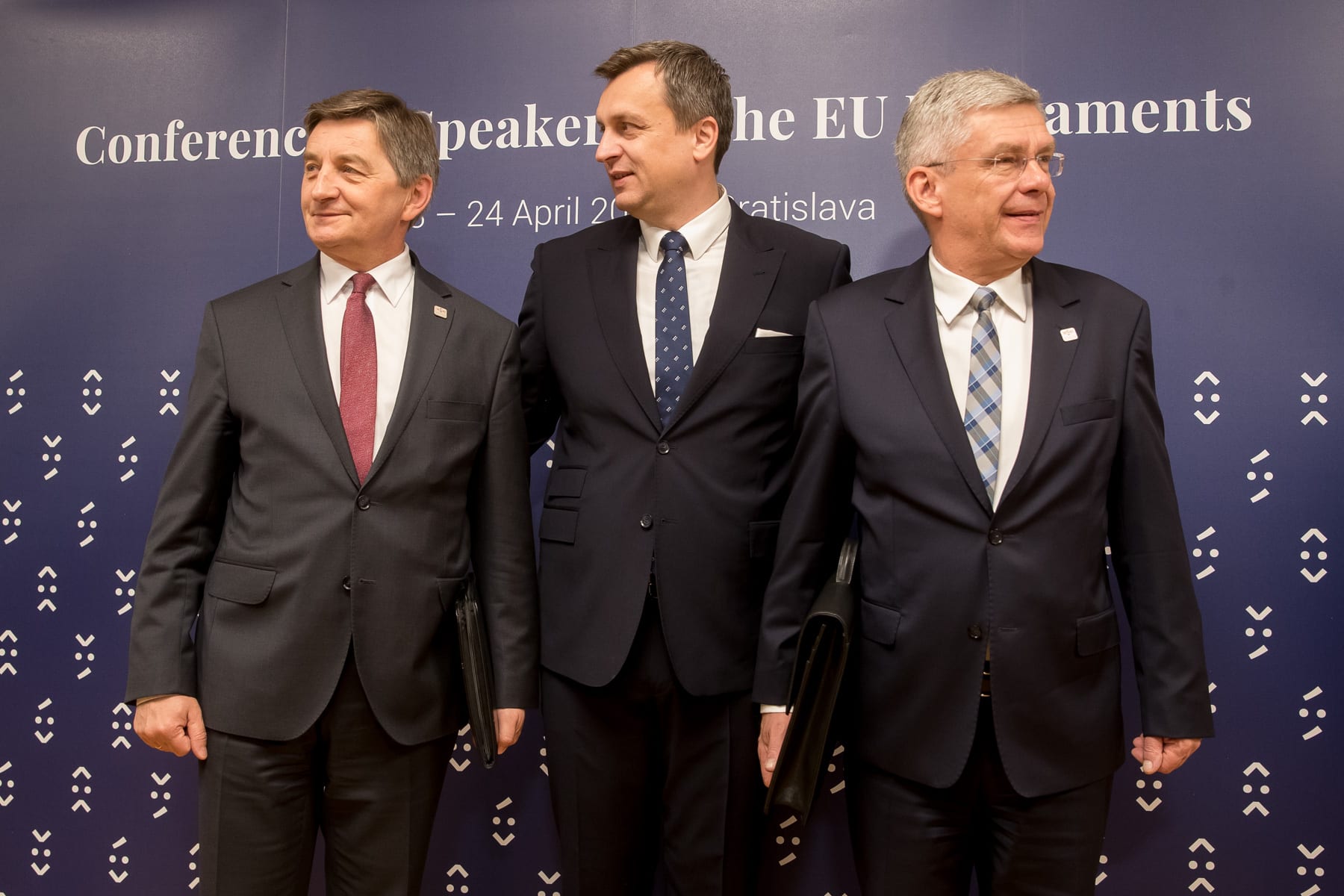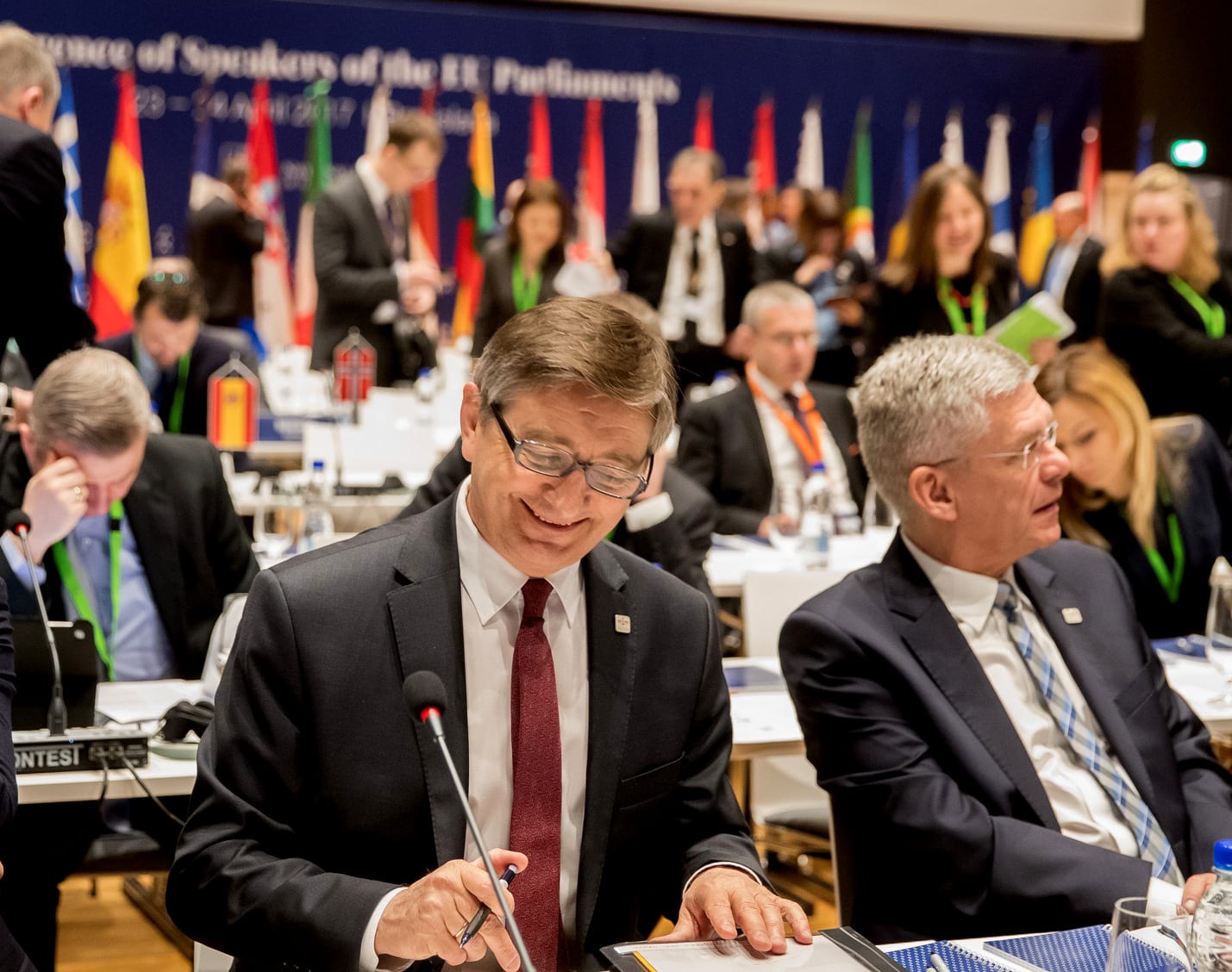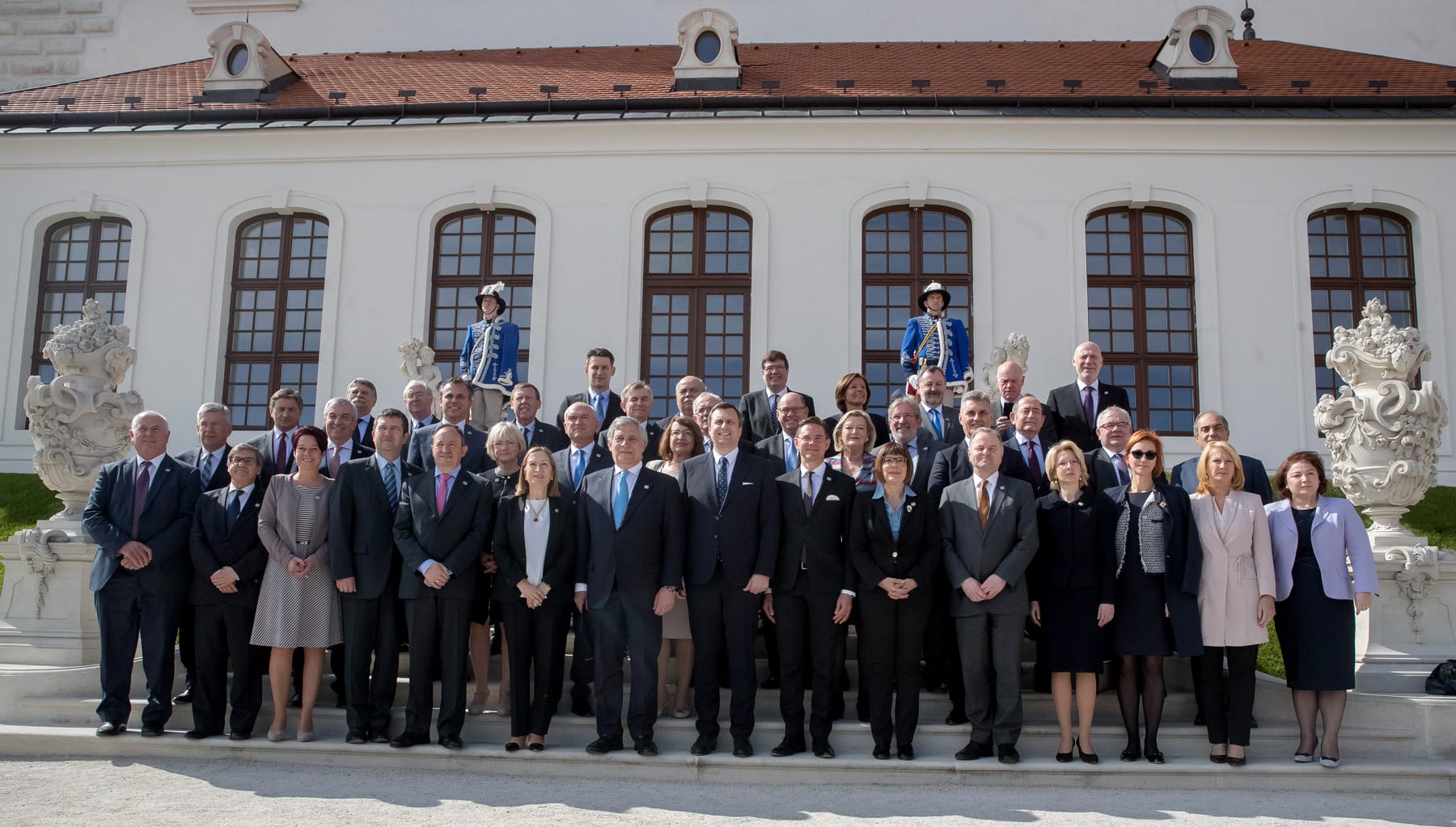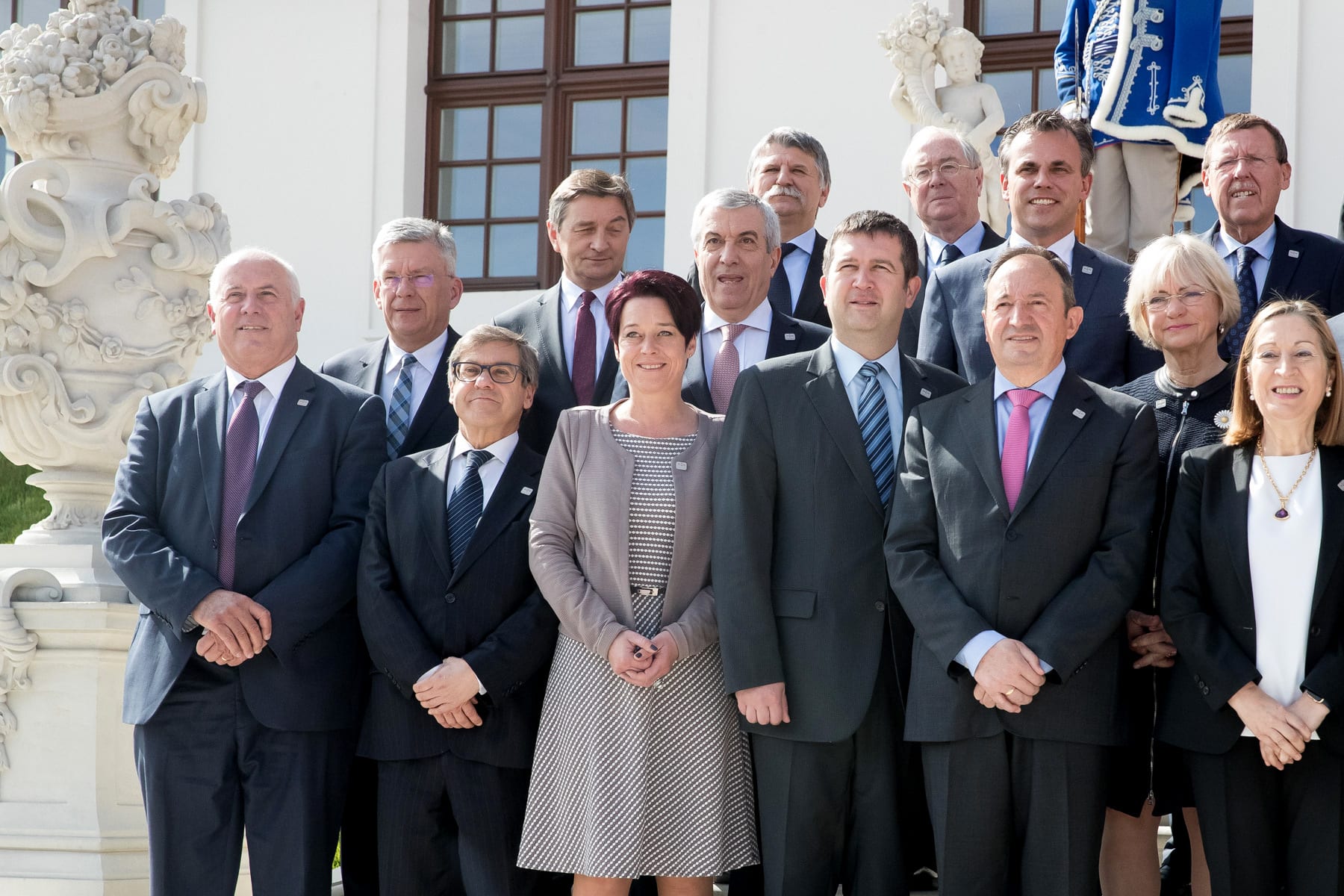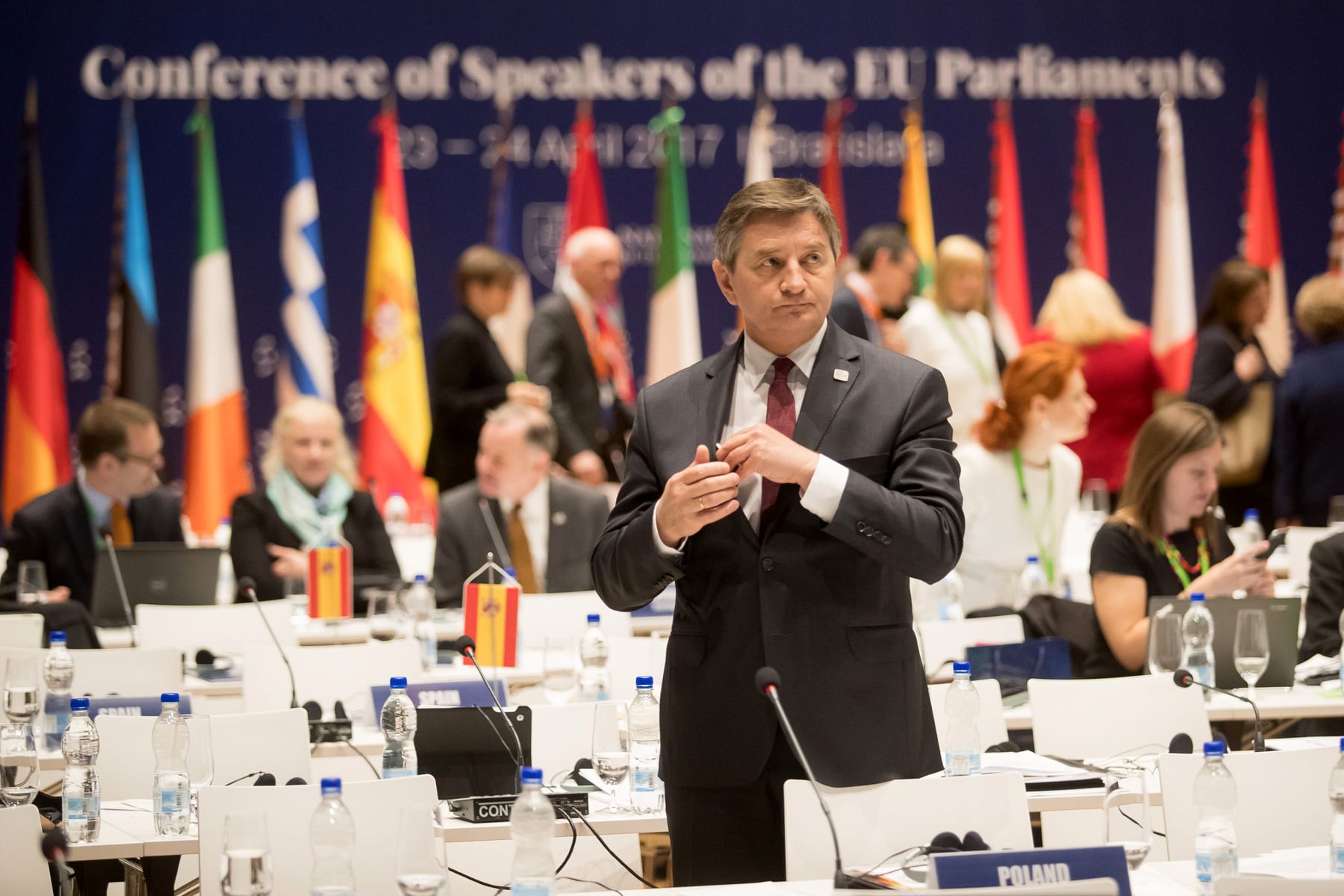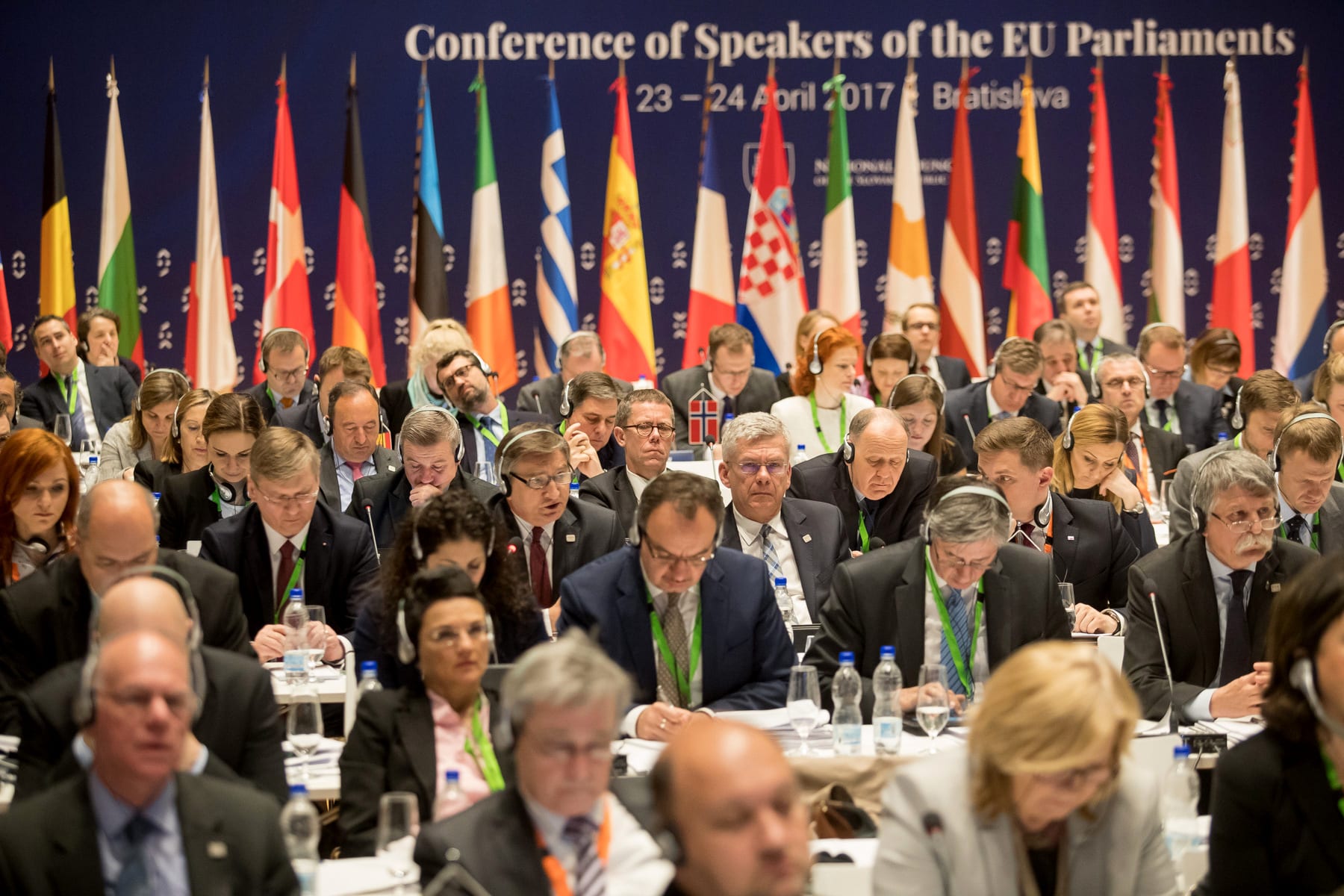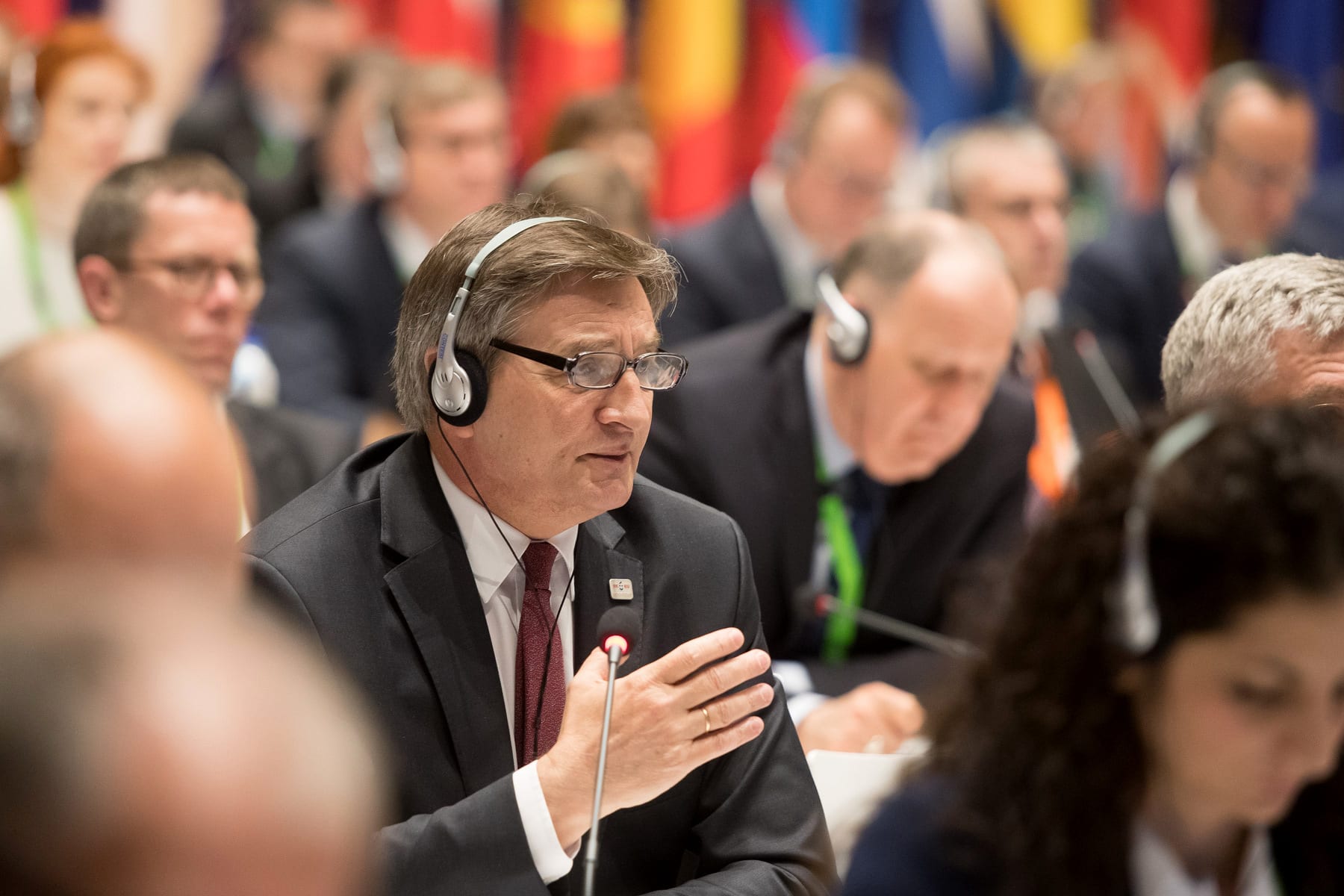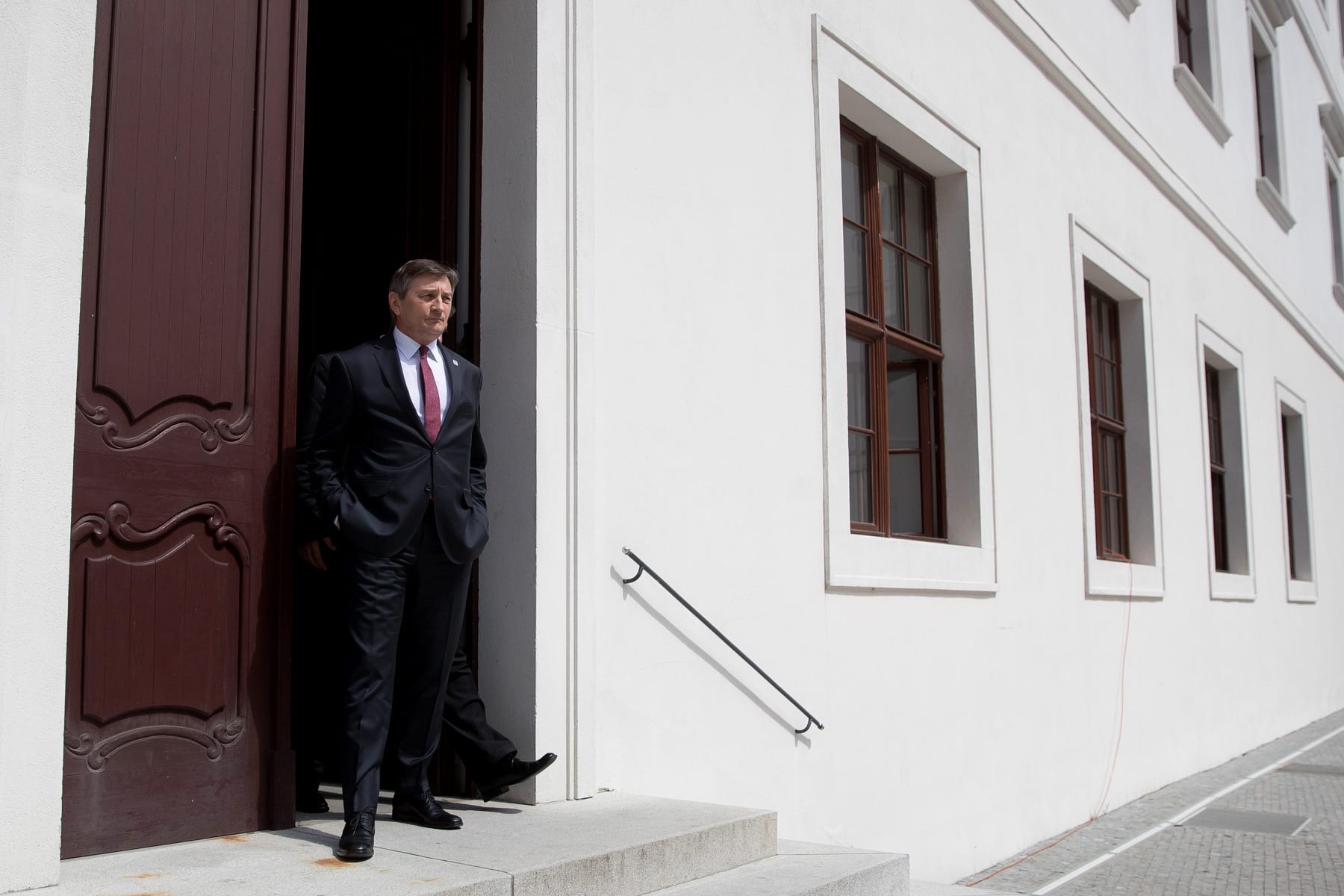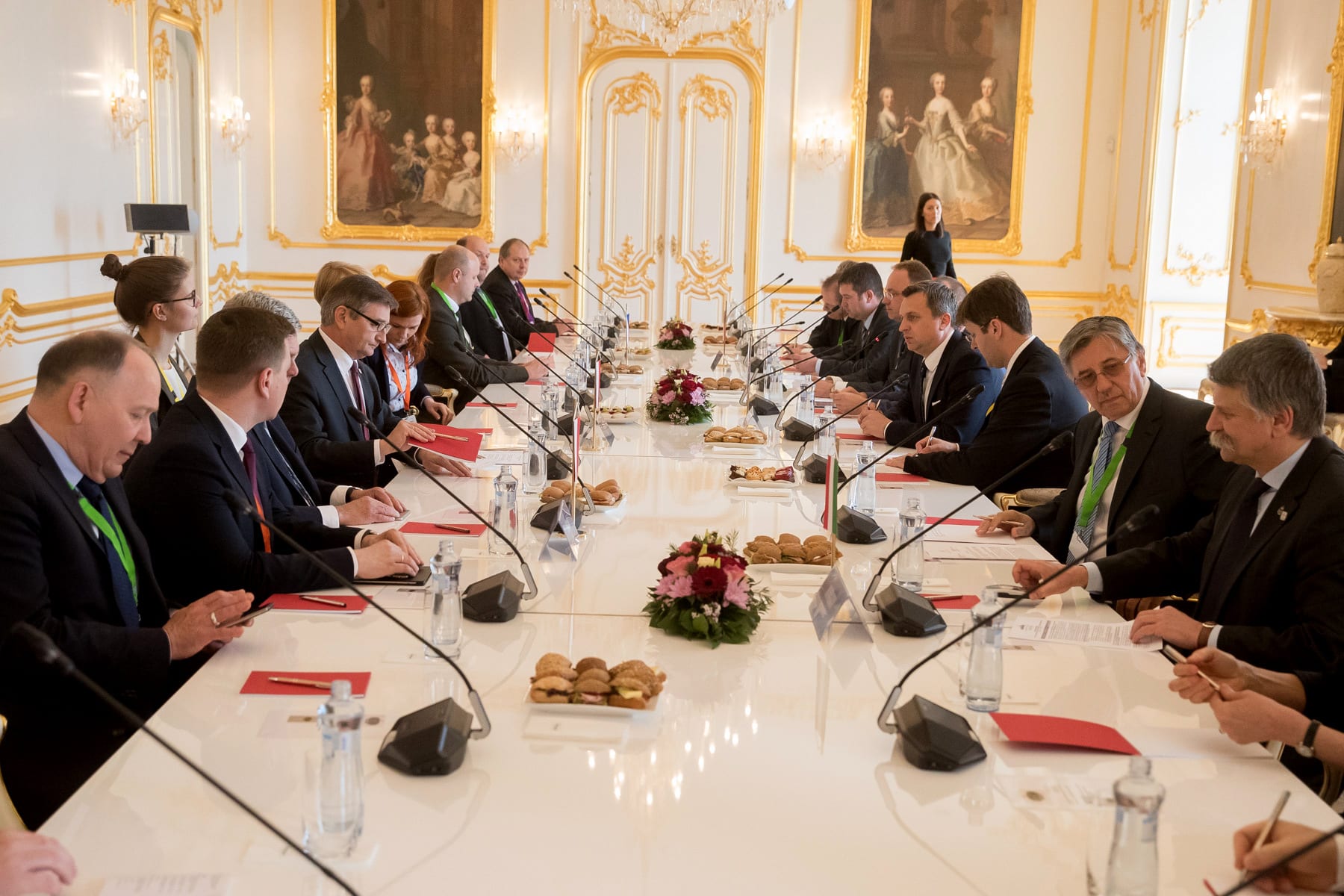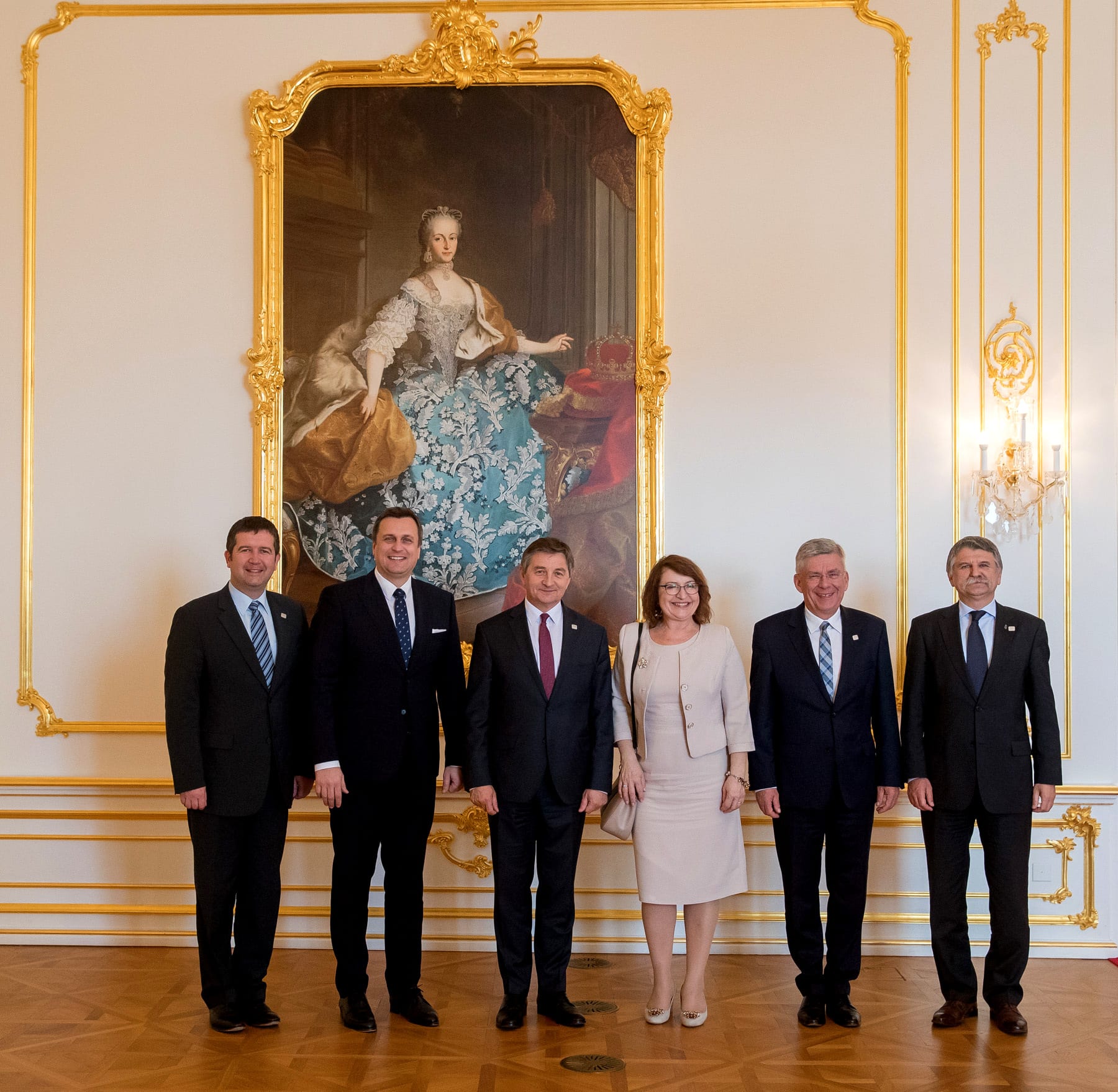The idea of a Europe of solidary states based on sovereignty, equality of member states and Christian values, as well as the strengthening of the role of national parliaments in EU decision-making processes - this is the position presented by Speaker of the Sejm Marek Kuchciński during Monday's conference of the presidents of EU parliaments in Bratislava. The summit in the Slovak capital was an opportunity to discuss the future of the Union and to bring parliamentary work closer to the citizens.
Participants of the debate emphasized the need to set a clear direction of change based on values considered to be European. The Speaker of the Sejm presented a concept of how to meet this challenge.
- Last May in Luxembourg we discussed the proposed idea of a Europe of solidary states, based on values such as national and state sovereignty, solidarity, equality, but also on Christian values, which are after all one of the foundations of the Community established 60 years ago - Marek Kuchciński reminded. According to the Speaker of the Sejm returning to these fundamental values is a way to build unity and cohesion of the entire European Union, of all countries.
The Speaker of the Sejm proposed repairing the Union by, among other things, strengthening the role of national parliaments. - The right of parliaments to participate in decision-making work, enshrined in the Treaty of Lisbon, has been restricted for many years now - said Marek Kuchciński. As he added, this is due to a lack of specific provisions on competences, which we could rely on. - I believe that we need to return to full application of the principles of subsidiarity and proportionality. They should be effectively applied and not just talked about - he explained. According to Marek Kuchciński, strengthening parliaments means introducing a really effective yellow card. - Delegated workers, energy problems, etc. - we have a number of problems that indicate that this principle must be effectively implemented. The Speaker of the Sejm also drew attention to the need to finally bring about the introduction of the right to propose legislation by groups of national parliaments (the green card principle). - We should also introduce the right of veto, i.e. a red card for bad projects that some EU states do not agree with," argued Marek Kuchciński.
During the conference, the Speaker of the Sejm also presented postulates on strengthening the Union in the international environment. - Firstly, increasing the effectiveness of the common foreign and security policy, including defence, but based on a close alliance and cooperation with NATO - explained Marek Kuchciński. The Speaker also emphasized the need to strengthen the EU's ability to stabilize the area of direct EU neighbourhood in the south and east. - This is the only way to stop the problem of migration to Europe and, to put it bluntly, the policy of making Eastern Europe dependent on Russia. According to Marek Kuchciński these issues must be discussed unequivocally and a consensus must be found quickly.
During the summit in Bratislava the Speaker of the Sejm also spoke about the need to organize meetings and discussions not only with the participation of representatives of parliaments of EU countries, but also of other European countries that are not members of the EU. - The idea of such meetings is important, the discussion on understanding the system of values around which we operate is a current challenge - said Marek Kuchciński.
The Speaker of the Senate Stanislaw Karczewski spoke about the security inside the EU and the policy towards the Community's neighbors. He stressed the need to conduct a balanced policy towards the EU's neighbors and Russia. - Poland supports close cooperation and good relations between the European Union and NATO - said the Speaker of the Senate.
- We have to build the European project together", said Slovak Prime Minister Robert Fico, one of the special guests of the parliamentary summit. The head of the Slovak government said that Europe is a common good based on a single legacy, history, and now we have to do everything to change it together. - However, nothing will be done by itself. European documents are increasingly individual, responding to the needs of specific EU members, not the Community as a unity. We benefit from unity and common history. Let us not be afraid of populisms. We have to face them - he said.
The President of the European Parliament Antonio Tajani said that the great achievements of the Union in the past unfortunately do not guarantee security in the future. According to him, the EU must do better in tackling unemployment and immigration. - The fight against terrorism is equally important at the moment and we need to focus on making sure that services work together, argued Antonio Tajani. As he pointed out, this issue should be the main message of the Bratislava summit.
In the conclusions adopted at the end of the summit, the Presidents acknowledge, inter alia, that the last 60 years have been a peaceful and prosperous period in the history of Europe, when the European Union has played a key role and the values on which it is based are as valid today as they were six decades ago. Participants at the Bratislava conference note with concern the growing lack of public confidence in the European project and the EU institutions, as well as in political life in general, in recent years, and recognise the urgent need to respond to this phenomenon. Among the conclusions is the establishment of a Group for Joint Parliamentary Control of Europol (the European Union Agency for Law Enforcement Cooperation).
text: Chancellery of the Sejm
photo: Pawel Kula


